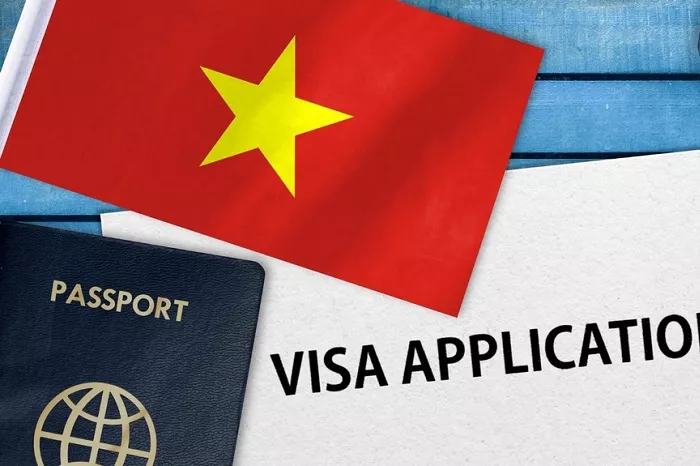Embarking on a Study Abroad journey is an exciting and transformative step for any student. The United Kingdom, with its globally renowned universities and rich cultural history, is one of the most popular destinations for international students. However, to study in the UK, obtaining a student visa is essential. This process involves careful planning and timing. In this comprehensive Study Abroad Guide, we explore the critical question: When should I apply for a UK student visa?
Understanding the UK Student Visa
The UK student visa, officially known as the Student Route visa, replaced the Tier 4 (General) student visa in October 2020. This visa allows international students to study at an approved UK educational institution. To be eligible, students must meet specific Student Visa Requirements, including a confirmed place at a licensed sponsor institution, proof of funds, and English language proficiency.
Types of UK Student Visas
As outlined in the official Student Visa Types, the main visa categories include:
- Student Route Visa: For students aged 16 and over undertaking higher education.
- Child Student Visa: For students aged 4 to 17 enrolling in independent schools.
- Short-term Study Visa: For short English language courses (6–11 months).
When Should You Start the Application Process?
The ideal time to apply for a UK student visa depends on your academic calendar, country of residence, and the type of program. However, general guidelines suggest starting the process as early as possible—ideally 6 months before the course start date.
Step-by-Step Timeline to Apply
1. Six Months Before Course Start Date
Once you receive an offer from a UK institution, start gathering your documents. This includes:
- Valid passport
- Confirmation of Acceptance for Studies (CAS)
- Proof of funds
- English language test results
- Parental consent (for minors)
This is also the right time to review your destination country’s visa regulations and the specific requirements provided by your university’s international office or a Study Abroad Program.
2. Three to Four Months Before Course Start Date
Apply for your CAS. This is a vital document issued by your chosen university that contains a unique reference number used during the visa application. Ensure the accuracy of the information on your CAS as any discrepancies can delay your visa process.
3. Three Months Before Course Start Date
This is the earliest you can submit your actual Student Visa Application. The application must be completed online via the official UK Government visa and immigration website. You will also be required to schedule a biometric appointment and submit your supporting documents.
4. One to Two Months Before Course Start Date
Most visa decisions are made within 3 weeks of your biometric appointment. However, during peak times, it may take longer. Monitor your email regularly and be ready to collect your visa vignette once approved. Book your flight only after you receive the visa to avoid cancellation fees.
What If You’re Late Applying?
If you delay your application, you run the risk of missing your course start date. UK universities may allow for some flexibility, but this is not guaranteed. In some cases, you may be required to defer your admission. Applying early minimizes stress and increases the likelihood of a smooth transition to the UK.
Important Considerations Before You Apply
Visa Application Fees and Financial Requirements
The standard application fee for a Student Route visa is around £490. You’ll also need to pay the Immigration Health Surcharge (IHS), which allows access to the UK’s National Health Service. Make sure your bank statements meet the financial requirements: generally, you’ll need to show that you have enough money to pay for your course and support yourself.
Dependents and Family Members
If you are pursuing a postgraduate course (of at least 9 months), you may bring dependents. Each dependent must apply separately and meet specific financial thresholds.
Visa Interviews
Some applicants may be asked to attend a credibility interview as part of the visa process. Be prepared to answer questions about your chosen course, university, and how studying in the UK fits into your career plans.
Post-Visa Approval Steps
Once your visa is approved, you will receive a 30-day entry vignette in your passport. This allows you to travel to the UK. Upon arrival, you must collect your Biometric Residence Permit (BRP) within 10 days from a local post office.
Planning Your Arrival
Plan to arrive in the UK before your course begins, but not more than one month before the course start date (if your course is longer than six months). Use this time to settle into accommodation, attend orientation, and get familiar with your new environment.
Common Mistakes to Avoid
- Applying too late
- Submitting incorrect or incomplete documents
- Not meeting financial requirements
- Overlooking the need for tuberculosis test (if required)
- Booking travel before visa approval
Useful Resources and Final Checklist
Utilize tools like this Study Abroad Guide and official UK government websites to stay updated on policy changes. Here’s a final checklist before you apply:
- Offer letter from a UK university
- CAS from your institution
- Valid passport
- Proof of finances
- English proficiency certificate
- Visa application submitted
- Biometrics and interview (if applicable)
Conclusion
Applying for a UK student visa is a crucial step in your Study Abroad journey. With proper planning, adherence to the Student Visa Requirements, and awareness of key deadlines, the process can be smooth and successful. Always start early, double-check your documents, and don’t hesitate to seek guidance from your university’s international office or a professional advisor. Your UK academic adventure awaits—take the first step with confidence!


